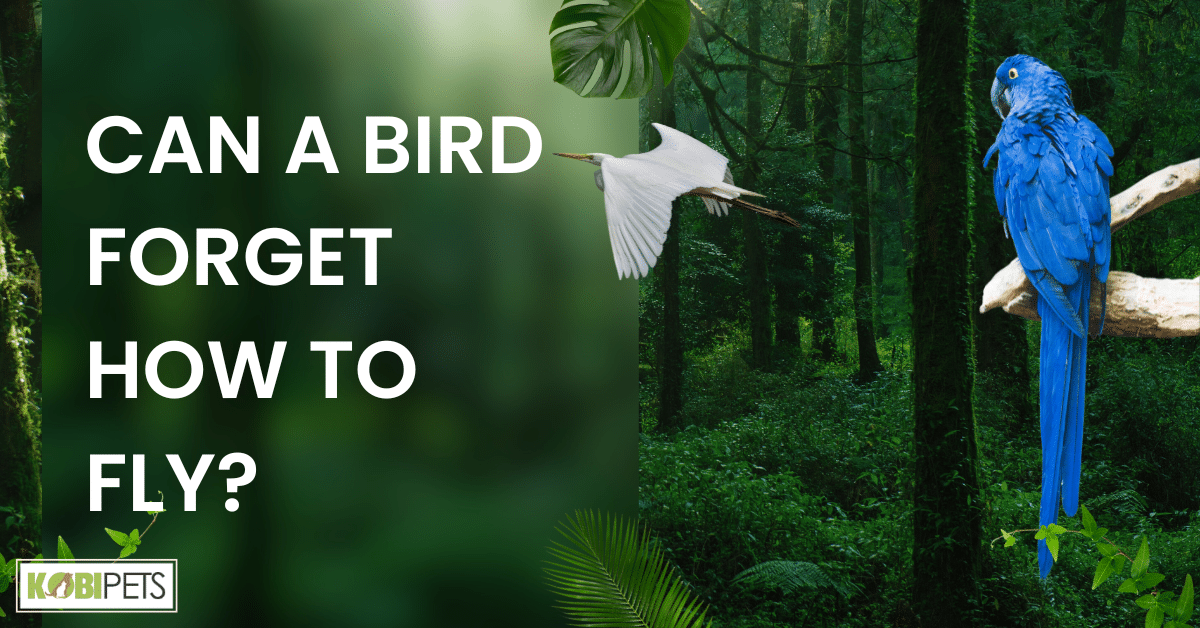
Birds are born with the innate ability to fly, a skill honed over millions of years of evolution. However, while they may not “forget” how to fly, certain circumstances can hinder their flight. Injuries, illness, or captivity can temporarily impair a bird’s flying capabilities, but given the chance, they can usually regain their natural prowess in the skies.
Birds, masters of the skies, have always captivated our imaginations. But can these aerial acrobats ever lose their ability to fly? In this article, we’ll delve into the world of birds and their extraordinary flying skills. We’ll also explore the situations where they might temporarily lose this gift, from injuries to captivity, seeking to answer the intriguing question: Can a bird forget how to fly?
The Natural Instinct to Fly
Birds’ incredible ability to fly is a product of millions of years of evolution. Their lightweight feathers and hollow bones, evolved over time, provide them with the necessary tools for aerial prowess. What’s equally astonishing is that birds are born with an innate knowledge of how to fly. This instinct is woven into their genes, honed over millennia, and apparent from the moment they hatch.
Even isolated from their natural habitat, young birds show an unmistakable urge to take flight when given the chance. In the following sections, we’ll explore whether this instinct can ever be temporarily hindered and the situations that may lead to it.
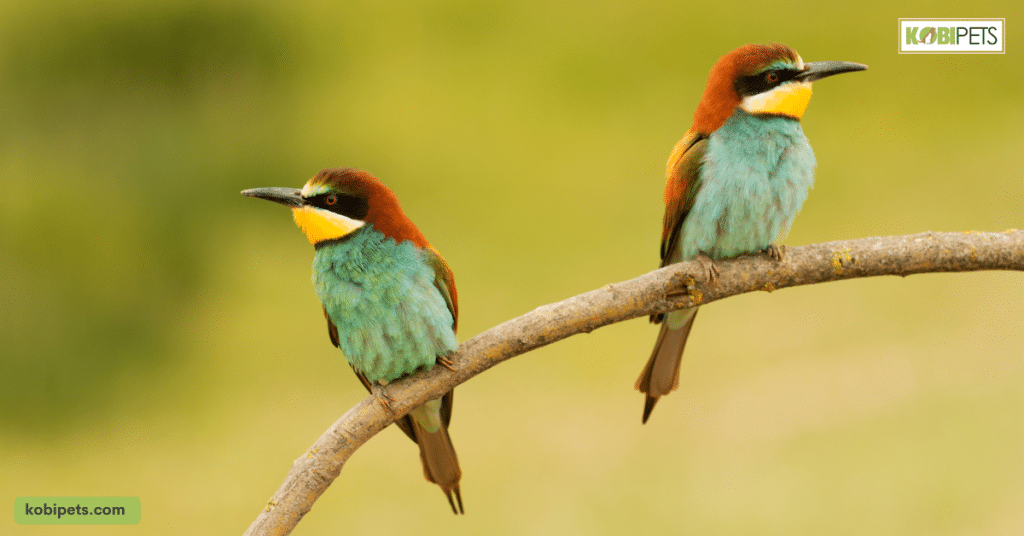
Impaired Flight: The Factors
While birds are renowned for their graceful flight, there are moments when they face challenges that temporarily hinder their ability to take to the skies. In this section, we will delve into the factors that can interrupt a bird’s flight, from unfortunate injuries to debilitating illnesses, and the complexities of life in captivity.
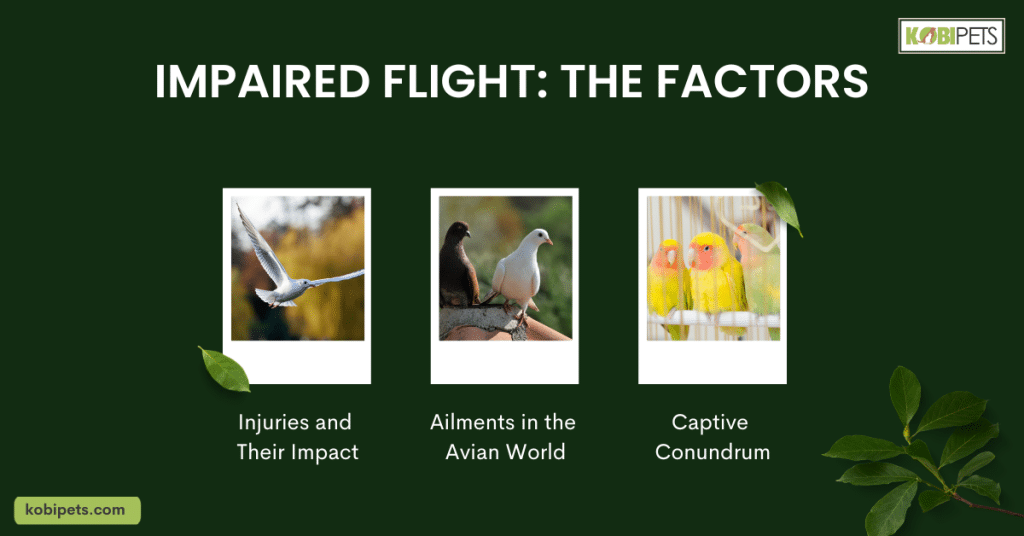
Impaired Flight: The Factors
Injuries and Their Impact
Birds are not immune to accidents and injuries. Collisions with obstacles encounters with predators, or even a fall from their nest can lead to physical trauma. We’ll explore how such injuries can hamper their flight and what mechanisms birds employ to heal and regain their airborne abilities.
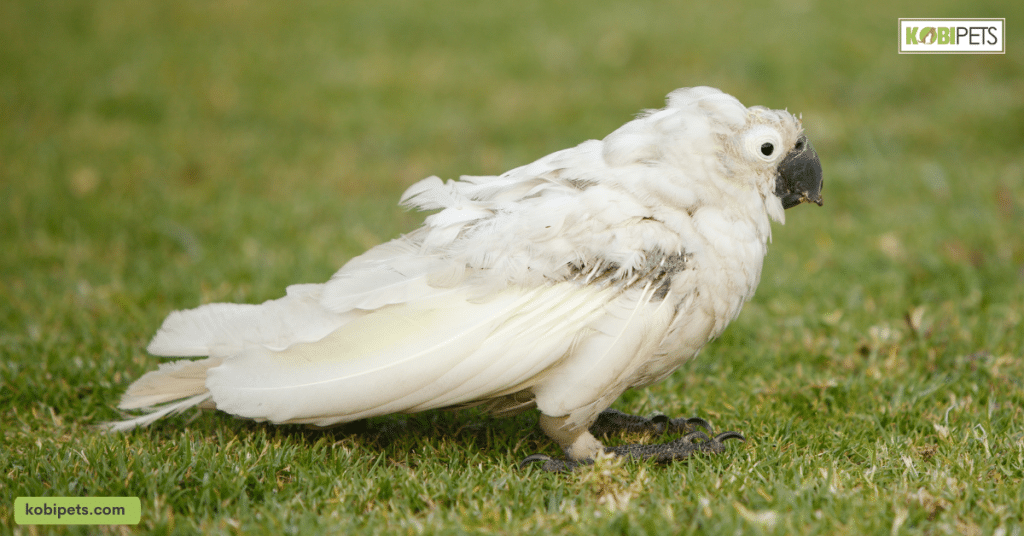
Ailments in the Avian World
Just like any other living beings, birds can fall prey to illnesses. From infections and parasites to metabolic disorders, we’ll investigate how various ailments can affect their flight capacity. Moreover, we’ll shed light on the remarkable immune systems that often aid birds in overcoming these health setbacks.
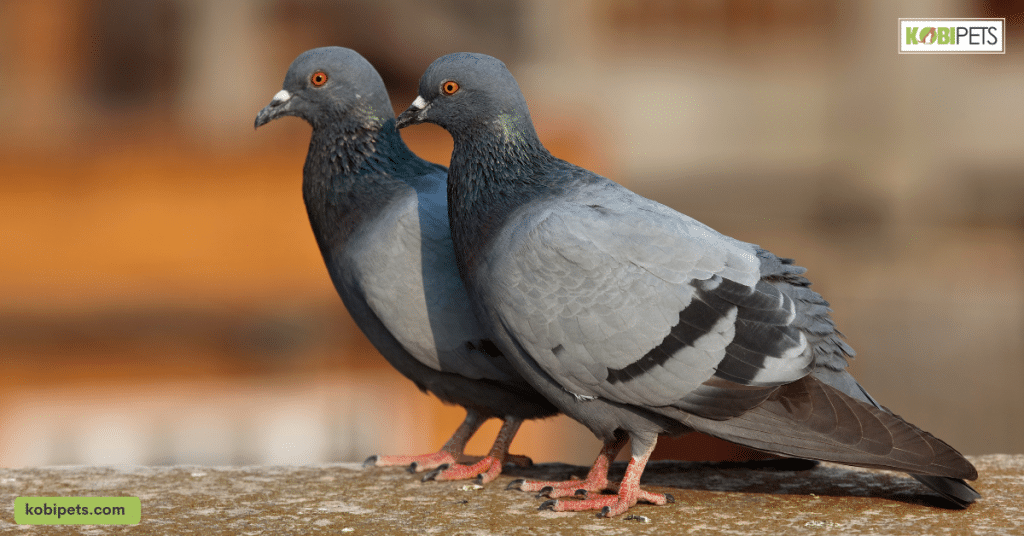
Captive Conundrum
Life in captivity, whether in a zoo or a rescue center, presents its own set of challenges. We’ll discuss the effects of confinement on birds’ flight abilities and the ongoing efforts to rehabilitate and reintroduce them to their natural habitats.
These factors may momentarily clip a bird’s wings, but the resilience ingrained in their nature often helps them defy the odds. As we explore these challenges, we gain a deeper appreciation for the beauty of flight and the determination of our feathered friends to once again grace the skies. Stay with us as we continue our journey to answer the question: Can a bird forget how to fly?
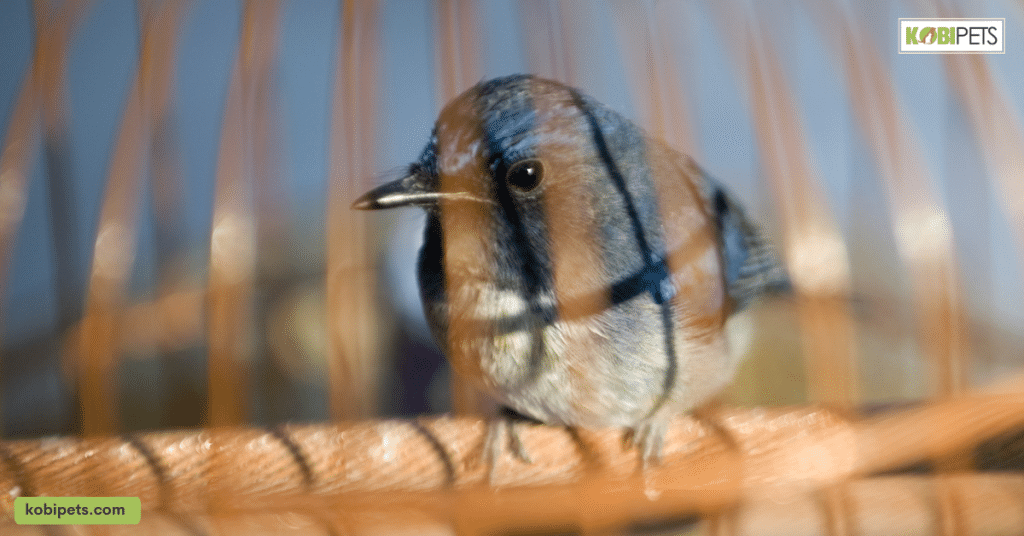
Recovery and Adaptation
The resilience of nature’s winged wonders is a testament to their incredible adaptability. In this section, we will delve into the awe-inspiring world of recovery and adaptation in birds, as they defy the odds and reclaim their place in the sky after experiencing impairments to their flight. Join us as we witness the remarkable journey of healing and renewal in these avian marvels.
- Regaining Strength and Skill: Birds possess a remarkable ability to recover from injuries that may have temporarily grounded them. We’ll explore how they rebuild their physical strength and fine-tune their flying skills, often through rigorous exercise and practice.
- Survival Instincts: The instinct for flight runs deep in birds, and it plays a pivotal role in their survival. We’ll discuss how this innate drive propels them to overcome physical setbacks and adapt to new conditions in their quest to take to the skies once more.
- Human Assistance: Humans often play a crucial role in the rehabilitation of injured or impaired birds. From wildlife rescue centers to rehabilitation efforts, we’ll highlight the dedicated individuals and organizations working tirelessly to help these birds regain their freedom.
The stories of recovery and adaptation in birds are a testament to the indomitable spirit of the natural world. From physical injuries to life in captivity, these magnificent creatures show us that setbacks need not be permanent. As we witness their triumphant return to the skies, we gain a deeper appreciation for the enduring resilience of our avian companions.
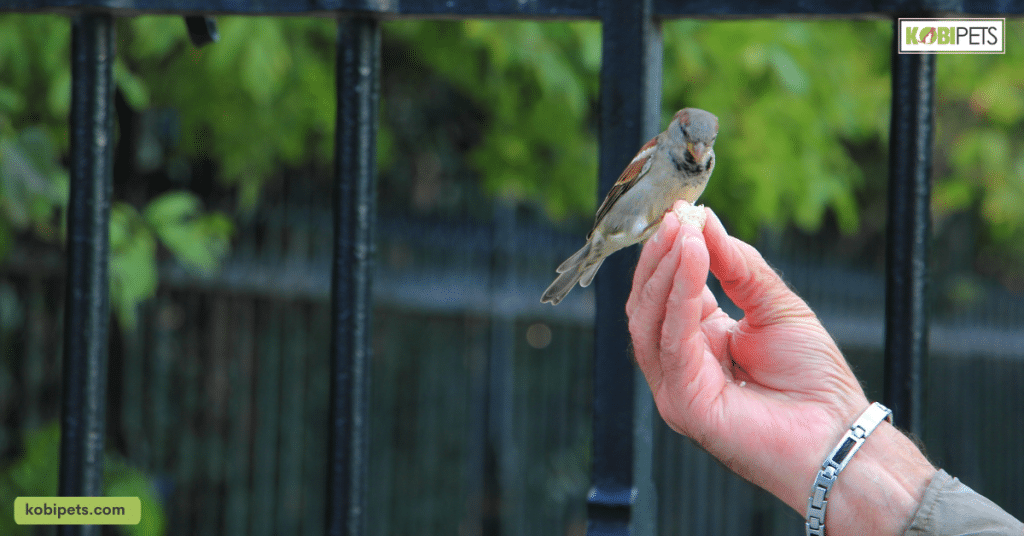
Birds in Captivity: Can They Forget How to Fly?
Birds, with their majestic flights, captivate our imaginations. But what happens when these avian wonders find themselves in captivity? Can they truly forget how to fly?
Life in captivity presents unique challenges for birds. Enclosures, though spacious, can’t replace the vastness of the open sky. Lack of space for practice can weaken flight muscles, potentially affecting their flying abilities. Stress and behavioral issues can further compound these challenges.
Despite these obstacles, dedicated organizations and individuals work tirelessly to rehabilitate captive birds, helping them relearn the art of flight and regain their freedom.
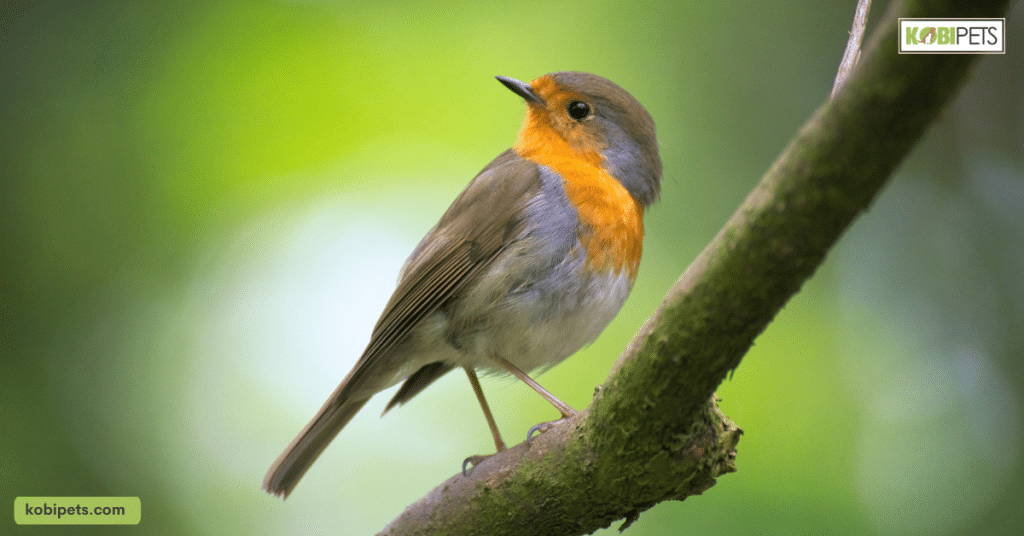
Conclusion
Our exploration into whether birds in captivity can forget how to fly highlights a fascinating conundrum. While captivity may indeed limit a bird’s flying abilities temporarily, their innate instinct to soar remains unshakable.
Life in captivity presents physical and psychological challenges, from cramped spaces to stress-induced issues. Yet, hope prevails through dedicated rehabilitation efforts, enabling captive birds to rekindle their flying skills.






